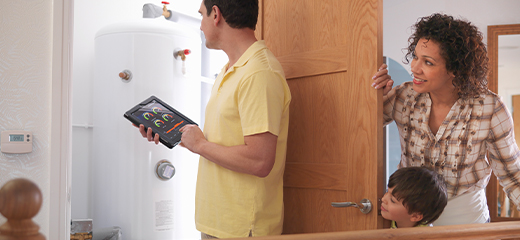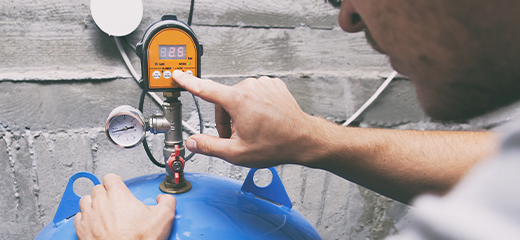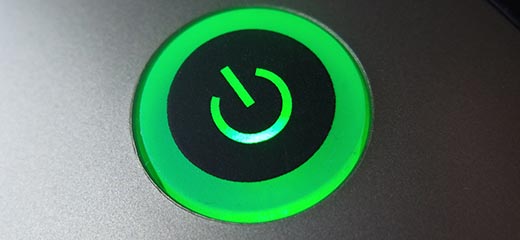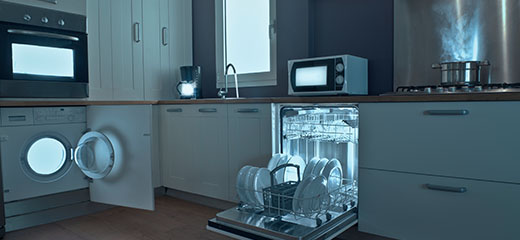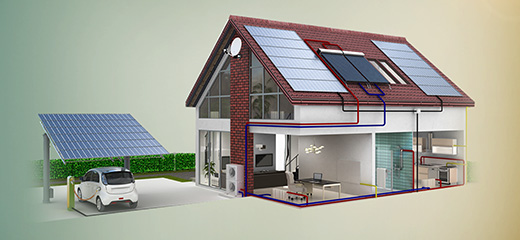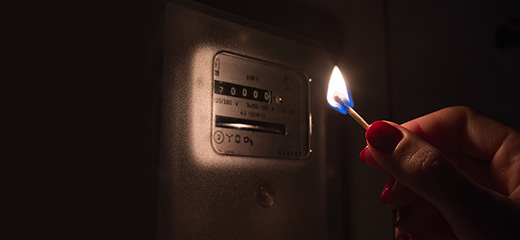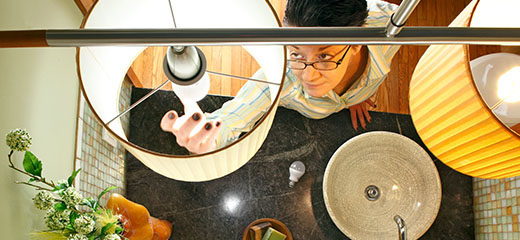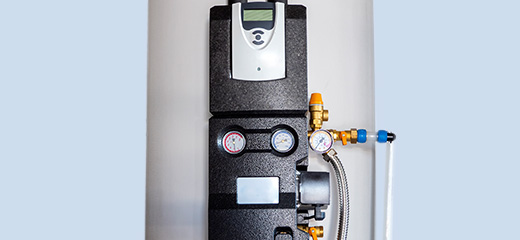
How much you’ll save from energy-efficient appliances
If you’re looking to make an impact on your electricity bill, then upgrading to energy-efficient appliances, electronics and other devices is one of the most effective, long-lasting options to pursue.
Energy efficient appliances are more expensive, so let’s take a look at whether they’re worth the extra cash.
Global concern over climate change has led to many countries, including South Africa, adopting energy efficiency regulations to reduce electricity consumption. The resulting technology advances have produced energy-efficient appliances which are designed to use less electricity while performing the same function as their less efficient counterparts.
The improvements haven’t just focused on function-based electricity consumption either. These days, energy efficient appliances take less time, use less standby power and offer advanced features such as blue light filters, automated load detection, water-saving functions and more. And because waste management and recycling is another climate change concern, energy efficient devices often have a longer lifespan, require less maintenance and fewer repairs over time, resulting in more cost savings.
So where should you start?
Of course, the savings you’ll get from upgrading to energy-efficient appliances depends on several factors, including the frequency of use, the age of the appliance being replaced, and the specific energy efficiency rating of the new appliance.
Keep an eye out for the South African Energy Efficiency label and make note of the performance against the seven efficiency levels. Appliances with an A+++ rating are the most energy efficient and will save you the most money on your electricity bill.
To get the most savings from your investment, upgrading these appliances should be top of your list.
- Fridge/freezer
In use 24 hours a day, fridges and freezers are one of the biggest electricity-consuming appliances in most households. Upgrading to an energy-efficient model can save up to 40% on electricity use.
- Washing machines
Washing machines are another major electricity-consuming appliance in most households. Upgrading to an energy-efficient washing machine can save up to 50% on electricity use and they often have settings that will help you save on water too.
- Stoves
Stoves are used frequently in most households, and upgrading to an energy-efficient stove can save up to 30% on electricity usage. Another option is to consider switching to a gas model. You’ll discover that gas stoves are quicker and more efficient for cooking too.
- Dishwasher
Energy-efficient dishwashers can save up to 25% on electricity usage and also have water saving options built in.
- Air conditioner
Air conditioners are notorious for being greedy electricity users. However, upgrading to an energy-efficient model can save you up to 40% on their electricity usage.
- Lighting
While not an appliance, upgrading to energy-efficient LED lightbulbs is a quick and easy option for households and can save up to 90% on your lighting costs. What’s more, LED bulbs last longer than traditional incandescent bulbs.
- Geysers
Geysers are the most significant electricity-consuming appliances in most households, accounting for up to 40% of electricity bills. If you’re not ready to upgrade your geyser, consider replacing the element with a more energy-efficient model or getting a smart geyser device to help you bring down your monthly costs.
Head to LookSee for a range of vetted products and services aimed at helping you save money.

